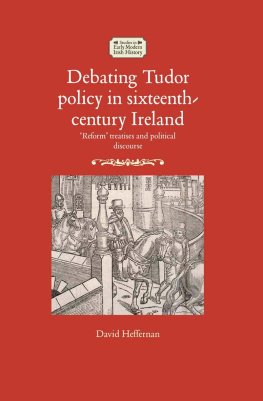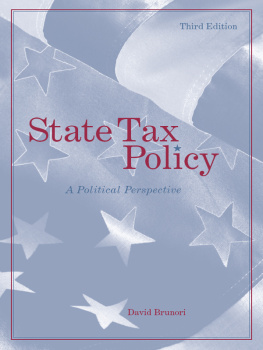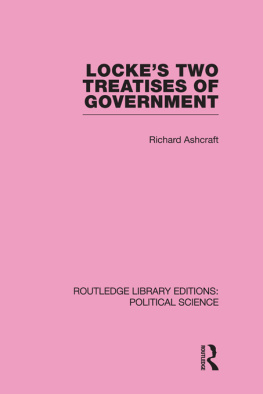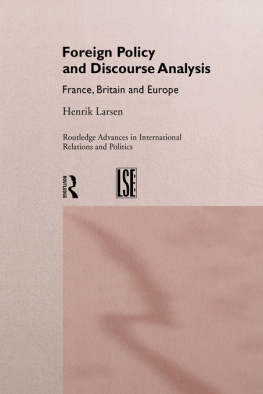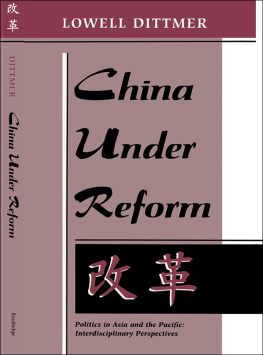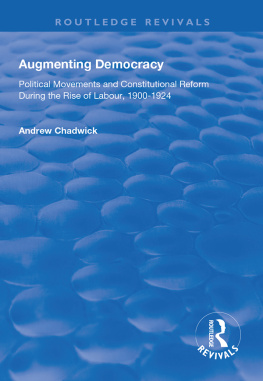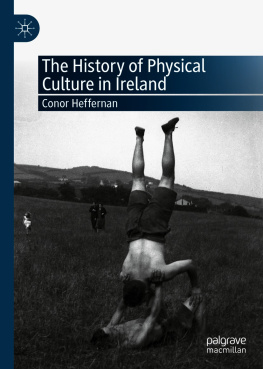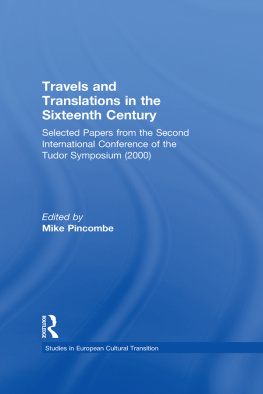Debating Tudor policy in
sixteenth-century Ireland
Series editors
DAVID EDWARDS & MICHEL SIOCHR
The study of Early Modern Irish History has experienced something of a renaissance in the last decade. However, studies tend to group around traditional topics in political or military history and significant gaps remain. The idea behind this series is to identify key themes and set the agenda for future research.
Each volume in this series comes from leading scholars from Ireland, Britain, North America and elsewhere, addressing a particular subject. We aim to bring the best of Irish historical research to a wider audience, by engaging with international themes of empire, colonisation, religious change and social transformation.
Already published
The plantation of Ulster: Ideology and practice
Michel Siochr and amonn Ciardha (eds)
Ireland, 1641: Contexts and reactions
Michel Siochr and Jane Ohlmeyer (eds)
The Scots in early Stuart Ireland: Union and separation in two kingdoms
David Edwards and Simon Egan (eds)
Debating Tudor policy in sixteenth-century Ireland
Reform treatises and political discourse
DAVID HEFFERNAN
Manchester University Press
Copyright David Heffernan 2018
The right of David Heffernan to be identified as the author of this work has been asserted by him in accordance with the Copyright, Designs and Patents Act 1988.
Published by Manchester University Press
Altrincham Street, Manchester M1 7JA
www.manchesteruniversitypress.co.uk
British Library Cataloguing-in-Publication Data
A catalogue record for this book is available from the British Library
ISBN 978 1 5261 1816 5 hardback
First published 2018
The publisher has no responsibility for the persistence or accuracy of URLs for any external or thirdparty internet websites referred to in this book, and does not guarantee that any content on such websites is, or will remain, accurate or appropriate.
Typeset in 10.5/12.5 Minion Pro by
Servis Filmsetting Ltd, Stockport, Cheshire
For my parents
Joe and Mary Heffernan
FIGURES
TABLES
HISTORY AND MEMORY
The study of Early Modern Ireland has experienced a renaissance since the 1990s, with the publication of a number of major monographs examining developments in the country during the sixteenth and seventeenth centuries from a variety of different perspectives. Nonetheless, these works still tend to group around traditional topics in political, military or religious history and significant gaps remain. The idea behind this new series is to identify key themes for exploration and thereby set the agenda for future research. Manchester University Press, a leading academic press with a strong record of publishing Irish related material, is the ideal home for this venture.
The fourth volume in this series is the first monograph to appear. Following the success of the previous three edited collections the time is right to proceed with publishing monograph studies of important topics to help fulfil the series core objective of setting new standards for the detailed understanding of the early modern period. Written by a leading young scholar the book deals with one of the great debates about sixteenth-century Ireland, namely the formulation and development of Tudor reform policy. While historians have long been aware that a number of authors attempted to influence English crown policy by writing advice papers or treatises about Ireland, only now is it possible to appreciate the full extent of such writing. More treatises (over six hundred) survive about Ireland than for any other part of the Tudor dominions. David Heffernans study presents for the first time a comprehensive analysis of all the surviving texts, their contents, and their influence on Tudor policy. Building on the work of an earlier generation it presents a major reassessment of the origins and course of Tudor ideas about conquest, colonisation, and religious and administrative reform in Ireland. We expect it will become a benchmark study and give fresh impetus to research on the Tudor realms.
David Edwards and Michel Siochr
This book began its life around 2006 when, as a student at University College Cork, I decided to write about the cultural position of the Anglo-Irish or Old English community of Ireland as part of a class on Murder and Intrigue in Sixteenth-Century Ireland. Much of the basis for that paper was provided by the observations of a number of canonical commentators on Ireland during the early modern period, writers such as Richard Stanihurst, Edmund Spenser and Fynes Moryson. In the end it was these texts which held my attention and this interest provided the basis for later research initially entitled English Representations of the Irish: Image and Reality. This, at the outset, took the shape of a socio-anthropological study somewhat in the vein of those previously undertaken on early modern Ireland by D.B. Quinn and Nicholas Canny.
However, an early discovery was to fundamentally alter the nature of the project. There were many, many more of these documents than would generally be assumed from perusing the secondary literature, a very substantial portion of which had been understudied or ignored for, it seems, one fundamental reason: their failure to enter print since the sixteenth century. Furthermore, when I began looking at these neglected treatises it became apparent that many more of them were interested in narrow, and some might say tedious, issues of government policy than the array of printed texts, with their concern for Irish social and cultural mores, would lead a casual reader to conclude. Thus, what had started as a study of a number of well-known authors and the representations of Irishness in their writings became a work designed to retrieve a large array of treatises from unwarranted neglect and use them to develop a better understanding of the government policy with which they were so concerned. The book which follows is, in essence, derived from this work, though different in some substantial respects and, I hope, a better read.

